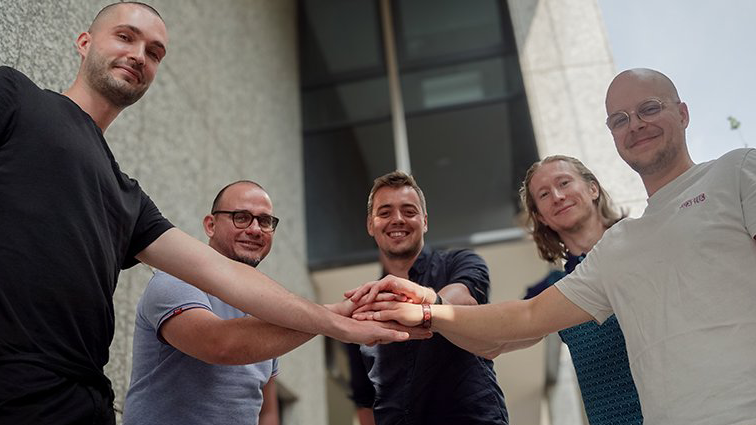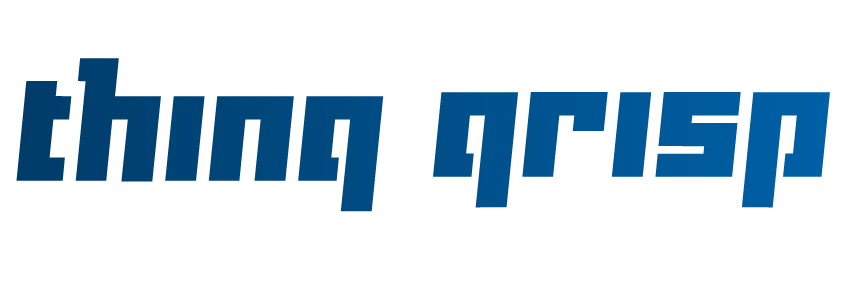What is Qrisp?
Programming language for quantum computers
Qrisp is a new programming language designed to enable the commercial application of quantum computers for a broad audience of developers. Its structured programming model enables scalable development and maintenance of quantum software. Qrisp automates many small-scale programming tasks, such as the automatic release of auxiliary qubits.
As an open-source project, Qrisp enables all users to learn, share, and develop the software together, creating a dedicated and growing community.

Key Features
- Typed quantum variables: Qrisp algorithms are constituted of variables and functions instead of qubits and circuits, which helps you to structure your code and avoid technical debt.
- Modularity: Automated qubit allocation allows separate modules to recycle qubit resources for each other without intertwining the code. This feature facilitates interoperability of code written by respective domain experts.
- Compatibility: Compilation results are circuit objects, implying they can be run on a variety of hardware providers such as IBM Quantum, IQM, Quantinuum, eleQtron etc. Further circuit processing is possible using circuit optimizers like PyZX.
- Automatic uncomputation: QuantumVariables can be uncomputed automatically once they are not needed anymore. The uncomputation module is tightly integrated with an advanced qubit resource management system.
- Arithmetic: A smoothly integrated system of floating-point arithmetic streamlines the development of non-trivial applications.
- Simulator: Qrisp ships with a high-performance simulator, that utilizes sparse matrices to store and process quantum states. This allows for the simulation of (some) quantum circuits involving 100+ qubits.
Who is behind Qrisp?
Qrisp started as an open-source project developed at Fraunhofer FOKUS and is publicly funded by the German Federal Ministry for Economic Affairs and Climate Action. To transfer these activities in a long-lasting open-source project Qrisp is now part of the Eclipse foundation and open to a broad audience of developers. Contributions to the framework are coming from a range of different people and institutions, which can be seen here.

